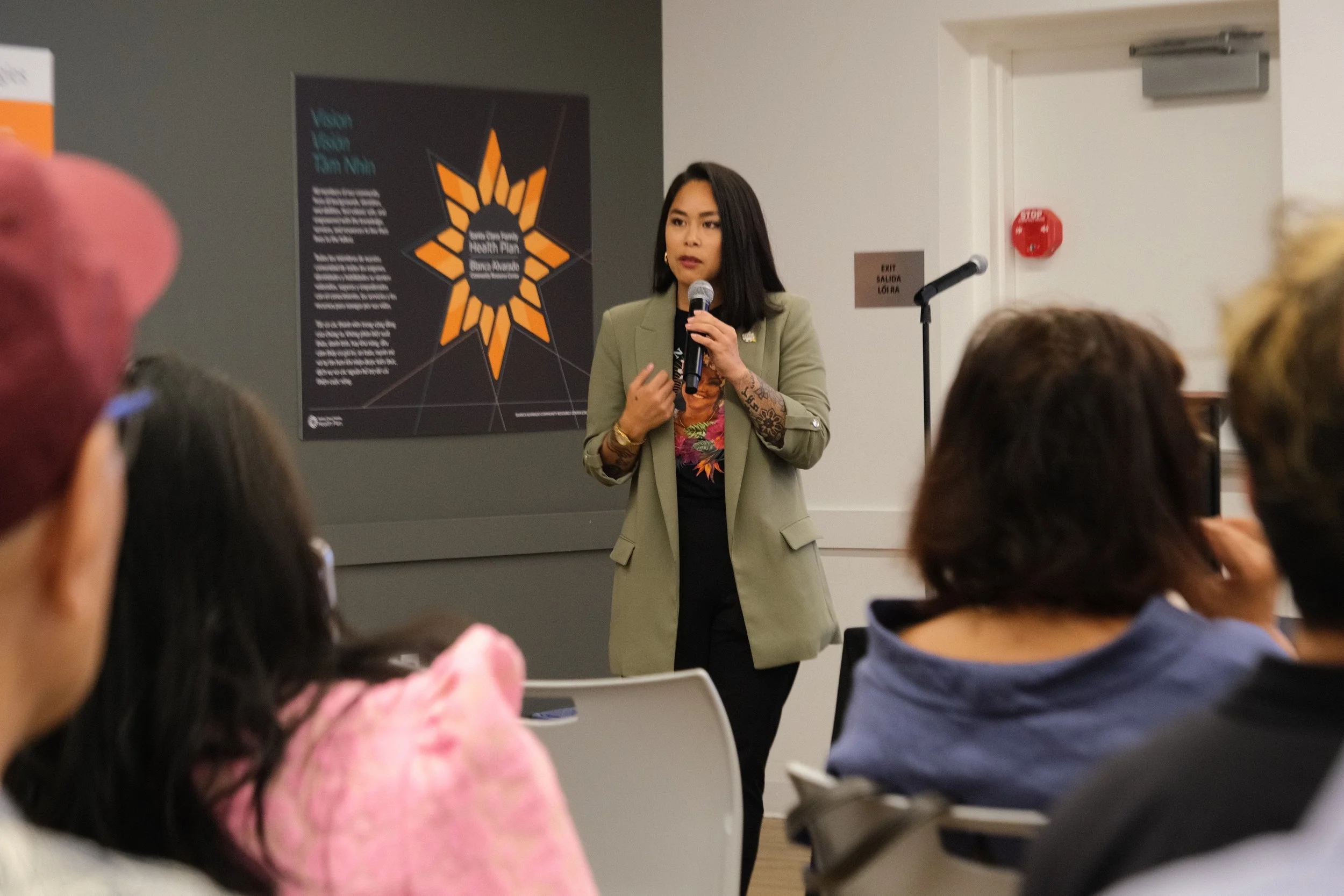Dr. Angelica [Gel] Cortez is a queer Filipina American advocate, community builder, and nonprofit leader that combines civic action with social entrepreneurship and community development.
The mind behind multiple social impact initiatives, she is the Founder and CEO of headwear company FancyHeadz and LEAD Filipino, a national nonprofit organization that operates across California, Texas and Nevada.
With roots in local government, public policy, and legislative advocacy, Dr. Cortez has led regional and statewide racial equity and justice initiatives, designed voter turnout campaigns, and built cross-sector coalitions for nearly two decades.
Dr. Cortez has spoken at the White House, with Fortune 500 companies, and at colleges and universities across the country on topics of political engagement and power building. She was named a Silicon Valley 40 Under 40 and Woman of Influence and most recently, was named the 2025 Community Health Advocate by Stanford Health Care and 2024 Larry Itliong Legacy Awardee by the Pilipino American Los Angeles Democrats.
Her work with LEAD Filipino has been featured in multiple publications and academic texts, including the SAGE Encyclopedia for Filipina/x/o American Studies. She serves on the boards of the LGBTQ+ Victory Fund Campaign Board, Sacred Heart Community Service, and the Filipino American National Historical Society (FANHS). In 2024, she served as a Delegate for the Democratic National Convention.
Dr. Cortez holds degrees from San Jose State University, the University of San Francisco, and University of Southern California.

